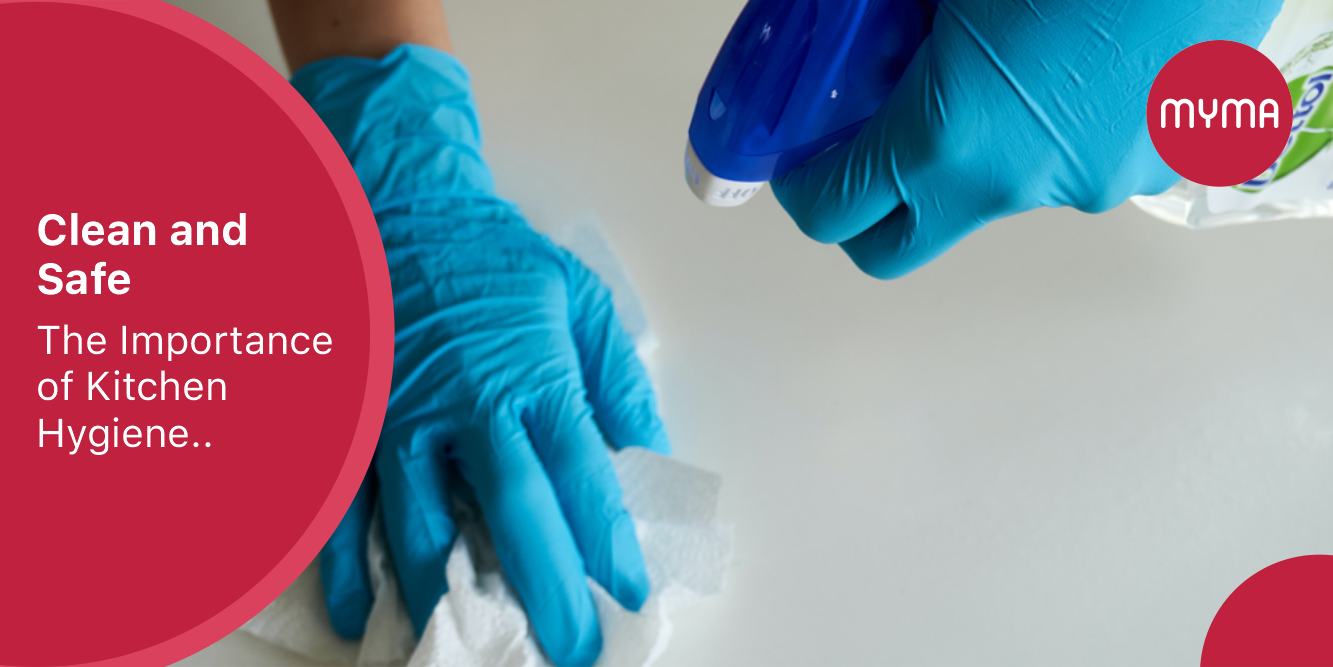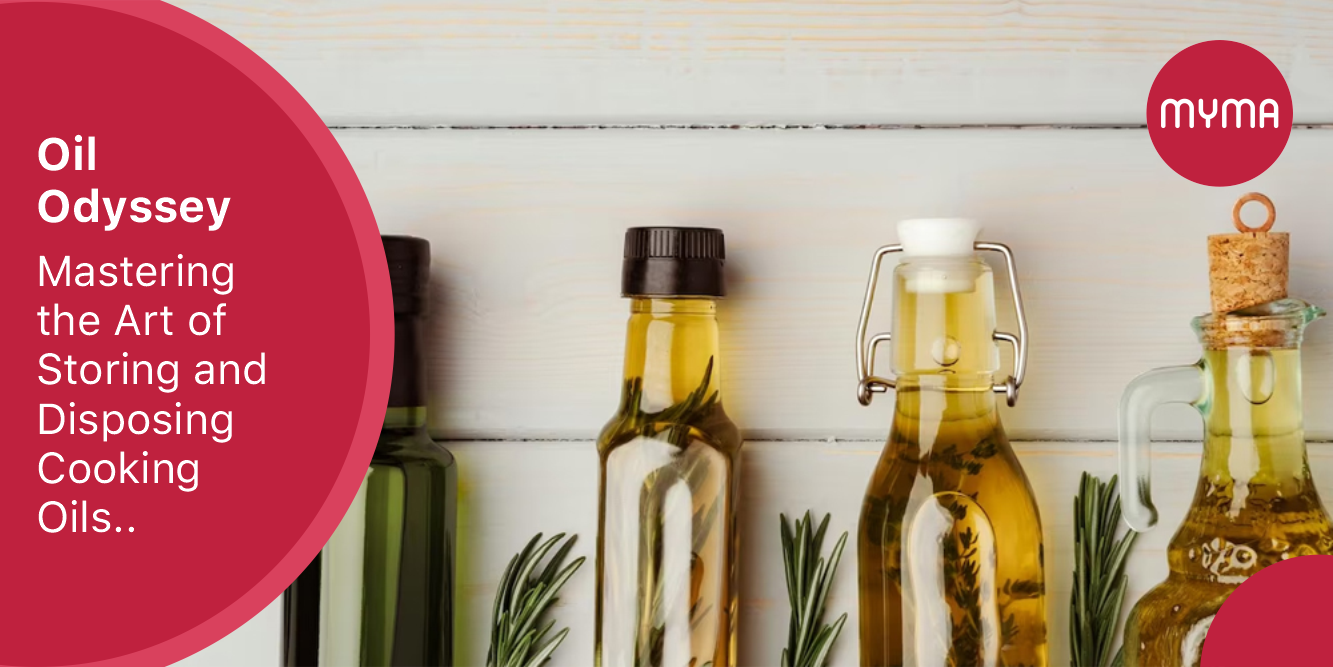A clean kitchen is a healthy kitchen! It’s important to keep your kitchen and cooking equipment clean to prevent the spread of bacteria and viruses that can cause foodborne illnesses. In this blog post, we’ll discuss the importance of properly cleaning your kitchen and cooking equipment and provide tips on how to do so.
1: Why is it important to clean your kitchen and cooking equipment?
Cleaning your kitchen and cooking equipment is essential to prevent the growth and spread of harmful bacteria that can cause food poisoning. Bacteria can grow on any surface, and if left unchecked, they can multiply rapidly, leading to illness. Regular cleaning can help prevent the spread of bacteria and keep your family safe.
2: How to clean your kitchen countertops
Kitchen countertops are one of the most heavily used surfaces in your home, and they can harbor bacteria if not cleaned properly. To clean your countertops, use a damp cloth or sponge with soap and water. For tougher stains or bacteria, you can use a mixture of water and vinegar or bleach. Be sure to rinse the surface with clean water after cleaning to remove any residue.
3: How to clean your cutting boards
Cutting boards are another area where bacteria can grow if not cleaned properly. To clean your cutting board, wash it with hot, soapy water after each use. You can also use a mixture of water and vinegar or bleach for tougher stains. Make sure to rinse the cutting board thoroughly and allow it to air dry before storing.
4: How to clean your cooking equipment
Cooking equipment, such as pots and pans, can be a breeding ground for bacteria if not cleaned properly. To clean your cooking equipment, wash it with hot, soapy water after each use. For tough stains or burnt-on food, soak the cookware in hot, soapy water before cleaning. Make sure to rinse the equipment thoroughly and dry it with a clean towel.
5: How to clean your refrigerator
The refrigerator is where you store your food, so it’s important to keep it clean and free of bacteria. To clean your refrigerator, remove all of the food and place it in a cooler. Wipe down the interior of the refrigerator with a mixture of water and vinegar or bleach. Be sure to clean the shelves, drawers, and door seals. Once you’re finished, replace the food in the refrigerator.
6: How to clean your oven
Your oven can accumulate grease and food debris, which can attract bacteria and cause unpleasant odors. To clean your oven, remove the racks and soak them in hot, soapy water. Use an oven cleaner to clean the interior of the oven, following the instructions on the label. Be sure to wipe down the oven door and handle as well.
7: How to clean your dishwasher
Your dishwasher may seem like a self-cleaning appliance, but it can still accumulate food debris and bacteria. To clean your dishwasher, remove any food debris from the bottom of the dishwasher. Then, place a cup of vinegar in the top rack of the dishwasher and run it on the hottest setting. This will help remove any bacteria and odors from the dishwasher.
8: Conclusion
Cleaning your kitchen and cooking equipment is essential to prevent the spread of bacteria and viruses that can cause foodborne illnesses. By following these tips, you can keep your kitchen and cooking equipment clean and your family safe. Remember, a clean kitchen is a healthy kitchen!
Myma… Ghar jaisa nahi, Ghar ka khana!





